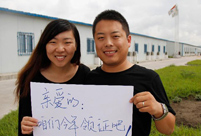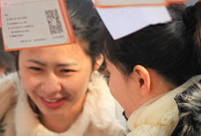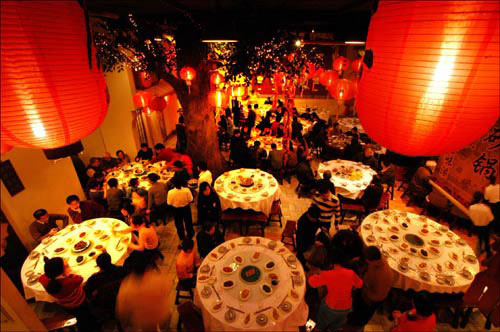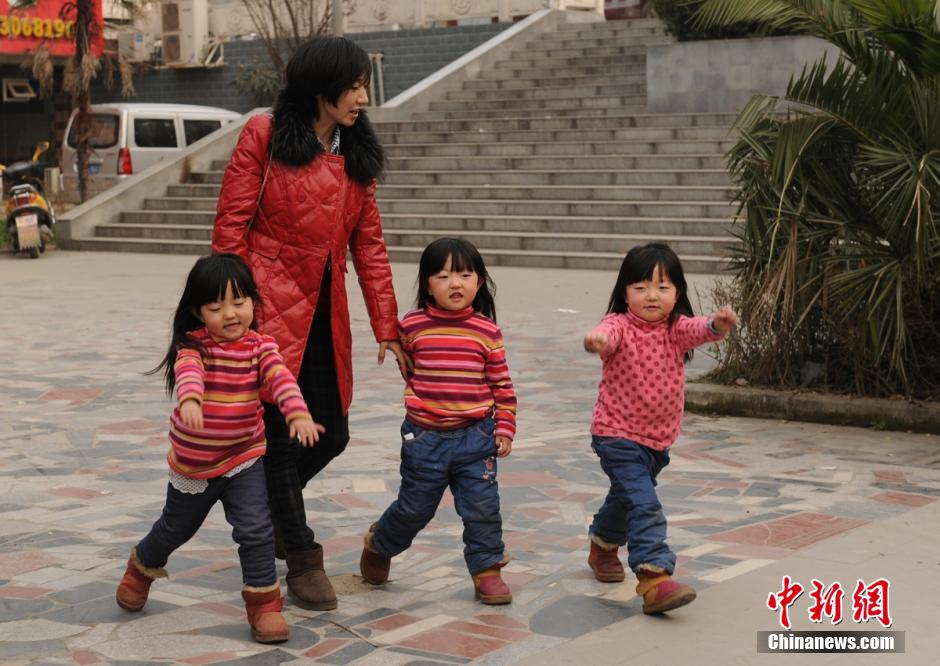 Turnip sculptures amaze tourists in Qingdao
Turnip sculptures amaze tourists in Qingdao Chinese ship formation conducts live fire training in West Pacific
Chinese ship formation conducts live fire training in West Pacific
 China comes in third at figure skating team event
China comes in third at figure skating team event
 China's teenager skater Yan shines at his Olympic debut
China's teenager skater Yan shines at his Olympic debut
 Taiwan-born actor stars on US TV series
Taiwan-born actor stars on US TV series
 Chinese Lunar New Year gift from abroad
Chinese Lunar New Year gift from abroad Chinese champions of Winter Olympic Games
Chinese champions of Winter Olympic Games  Zhang Yimou fined 7.48 mln for over-production
Zhang Yimou fined 7.48 mln for over-production
 Top 10 timeless female Chinese stars
Top 10 timeless female Chinese stars
SEOUL, Feb. 11-- Former Japanese Prime Minister Tomiichi Murayama, known for his apology for past wartime atrocities while in office, said Tuesday that Japan should gain trust from Asian neighbors, stressing the need for Japan's fulfillment of its past apology.
Murayama, who came here for a three-day visit at the invitation of South Korea's minor opposition Justice Party, visited the parliamentary headquarters where an exhibition of artworks by former South Korean "comfort women" is being held.
At the exhibition, the former Japanese prime minister met three South Korean women who were coerced into sex slaves at the Japanese military brothel during the World War II, when more than 200,000 young women, many of them South Koreans, were forced into the sex slavery.
He became the first among incumbent and former Japanese prime ministers who meet with the victims of the sex slavery. Murayama made an official apology via the famous "Murayama Statement"in 1995, when he was in office, for Japan's past atrocities and war of aggression during its colonial rule of Asian nations.
After touring the exhibition, Murayama held a dinner meeting with the Justice Party lawmakers where he said the official apology was made because he believed it was necessary to gain trust from Asian countries for Japan to go in a right way in the future. "I was hailed much in Korea. I believe it was a warm-hearted assessment on the Murayama Statement,"he said."It also means rebuke for Japan's negligence of the Murayama Statement amid the strained ties between Japan and Korea."
Murayama said that it will not be an end to announce the statement, noting that it is important to crystallize the statement into action and make efforts to gain more trust. " Nobody can deny the Murayama Statement. It is the basis of Japan' s development," said Murayama. "All previous prime ministers of Japan said they succeeded the Murayama Statement. Many Asian nations, including Korea and China, are aware of this, so signs of improved relations (between Japan and Asian countries) were shown."
When Japanese Prime Minister Shinzo Abe formed his first cabinet from 2006 to 2007, Abe said he succeeded the statement, Murayama said, noting that some noise has been heard since the second Abe cabinet was launched in late 2012.
 Special Coverage: Sochi Winter Olympic Games
Special Coverage: Sochi Winter Olympic Games  A day of a female high-speed train chief attendant
A day of a female high-speed train chief attendant New Year greetings from Chinese nationals in Africa
New Year greetings from Chinese nationals in Africa PLA navy conducts landing drills in South China Sea
PLA navy conducts landing drills in South China Sea  Blind date fair in Hangzhou
Blind date fair in Hangzhou  Highlights of Chinese New Year celebrations around the world
Highlights of Chinese New Year celebrations around the world  How do the Chinese spend their money during Spring Festival?
How do the Chinese spend their money during Spring Festival? 'Milk Tea' girl hosts Spring Festival gala of universities in U.S.
'Milk Tea' girl hosts Spring Festival gala of universities in U.S.  Brave mother fights cancer, enjoys Spring Festival with her triplets
Brave mother fights cancer, enjoys Spring Festival with her triplets President Xi attends opening ceremony of Sochi Winter Olympics
President Xi attends opening ceremony of Sochi Winter Olympics Highlights of opening ceremony of Sochi Winter Olympic Games
Highlights of opening ceremony of Sochi Winter Olympic Games Snowscape in Chinese New Year
Snowscape in Chinese New Year Interesting horse figures in life
Interesting horse figures in life  Top 20 most beautiful Chinese stars
Top 20 most beautiful Chinese stars  Top 10 Chinese films in 2013
Top 10 Chinese films in 2013Day|Week|Month